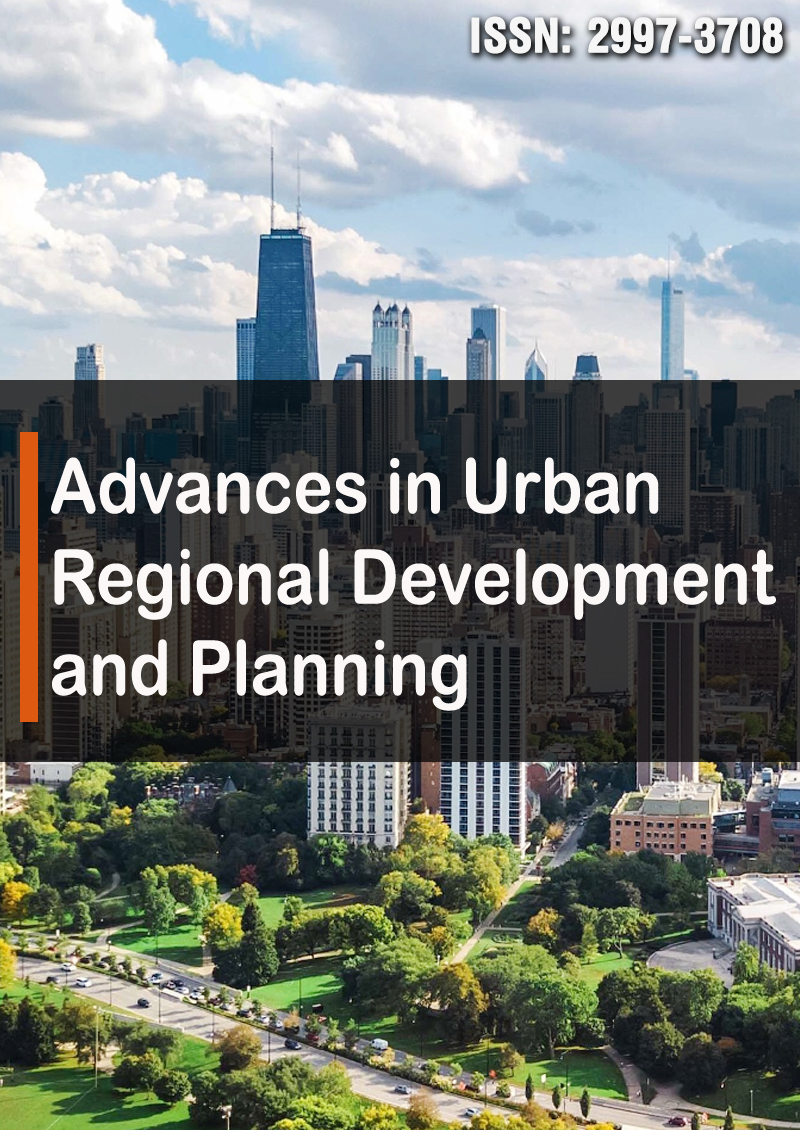Application of E-Services in the Urban Local Government in Bangladesh: A Study on Rajshahi City Corporation
Abstract
Md. Sabbir Hasan and S.M. Akram Ullah
Public sector information and communication technology (ICT) has a long history of using mainframe operations in the 1970s and microcomputing in the 1990s. It is recognized by the Government of Bangladesh that ICT has a development impact, as it enhances access to information, the quality of public service delivery and strengthens good governance practices. Since the ending of 2019, the outbreak of the Covid-19 epidemic has revived the importance of e-governance. In the initial stage of this climacteric period when people were socially distanced, restricted in quarantine, and not interacting face-to-face with each other created a whale of a ponderosas of e-governance in Bangladesh. Without any doubt, e-governance is the prime catalyst for urban development. Rajshahi City Corporation (RCC) is one of the oldest and leading municipalities in e-governance adaptation in Bangladesh. RCC, jointly with the local government division under the ministry of local government, has introduced e-governance through initiating an electronic birth registration information system (EBRIS) in 2001. This is one of the best paradigms for adapting e-governance at the urban local government level in Bangladesh. As a part of e-governance, RCC has launched Smart Auto-Rickshaw Management System (SARMS) to reduce traffic congestion on city roads. The study, based on primary sources of information, seeks to assess the role of SARMS in reducing traffic congestion on city streets as part of e-governance. In order to properly implement e-governance in Rajshahi City Corporation (RCC), researchers have come up with two recommendations for e-service providers following two broad sections. A rich ICT infrastructure is a prerequisite for providing e-services to the recipients. This study is based on empirical research. This first section of this paper is equipped with the details of the respondents, overall opinions of the respondents on e-governance are covered by second section, the third section is depictured the status of e-services in RCC. However, the last section is enclosed by the specific opinions of the respondents on EBRIS and SARMS.



